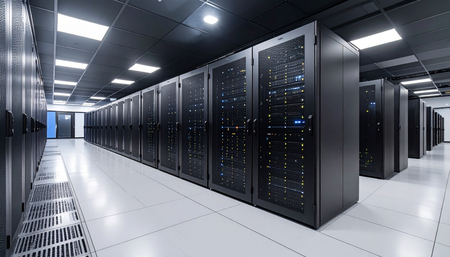Bangladesh Student Elections Return After Years of Delay
Bangladesh’s political scene has always been full of twists and turns since it gained independence in 1971. From youth-led movements to clever political games, the country has seen it all. Now, students are stepping up again, with fresh elections at Dhaka University shaking things up after a long wait.
On Tuesday, September 9, polls kicked off for the Dhaka University Central Students Union (DUCSU) and hall unions. This marks the first time in six years that students here get to vote for their leaders. It’s a big moment for campus democracy in Bangladesh, especially after the massive student protests that toppled the government in July 2024.
Flashback to 2019: Those elections happened after a whopping 28-year break, as reported by the Dhaka Tribune. Back then, DUCSU polls took place on June 6, 1990, under President General H.M. Ershad. Students played a key role in ending his rule, showing how powerful youth voices can be in Bangladesh politics.
This year’s revival feels even more exciting. The Daily Star noted in August that while Dhaka University, Jahangirnagar University, and Rajshahi University are holding student union elections next month, many other public universities in Bangladesh face hurdles. Legal issues and admin delays mean polls might never happen at some spots.
Critics often pointed fingers at former Prime Minister Sheikh Hasina for sidelining the opposition and blocking fair elections. Her Awami League faced bans under the new interim government, with its student wing labeled a terror group. This has totally changed the power dynamics on campuses, giving fresh chances for independent voices.
Past governments didn’t make it easy either. The Dhaka Tribune highlighted how regimes before Hasina also stalled student body elections. Out of 56 public universities in Bangladesh, only seven even have rules allowing a central students’ union, according to the Daily Star.
That’s changing slowly. For instance, Jagannath University’s leaders just approved a constitution for their central students’ union last month—a huge step forward. But places like Begum Rokeya University, Islamic University, Comilla University, and Maulana Bhashani Science and Technology University still lack any setup for unions.
Things got intense at Begum Rokeya University in Rangpur. On August 17, students started a hunger strike to demand elections. Within three days, nine protesters fell sick, and several ended up in the hospital, the newspaper reported. These actions show how desperately students want their say in Bangladesh’s university politics.
As Bangladesh rebuilds after the 2024 student revolution that ousted Hasina, these DUCSU elections could spark real hope for stability. The interim government has promised reforms, but national elections still seem far away. For now, campus polls are a bright spot, letting young leaders shape the future one vote at a time.



